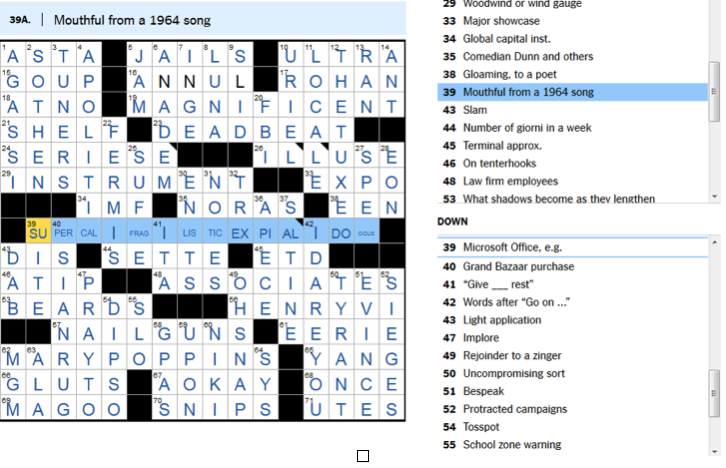Boys to Men
/Earlier this week, I read Two Across (Bartsch) a book that explores the lives of Stanley and Vera, who met at a spelling bee when they are fifteen and, at which, they became co-champions. Over the course of a few annual reunions, they became close friends and start an on-again and off-again courtship. During their off-periods, both developed into accomplished crossword puzzle creators and sent each other coded messages through nationally-syndicated puzzles (e.g., “Aloe ___” and “Early _____ Gardner”). The book follows Vera and Stanley through college, graduate school, and beyond while exploring the question – will their lives cross* again? I really, really wanted to love this book but sadly, it isn’t very good and I can’t recommend it – too many clichés and the story doesn’t carry when not dealing with the crossword elements. (I agreed with this NPR review, which I should have considered BEFORE reading this book: http://www.npr.org/2015/08/05/427827286/-two-across-spells-out-a-charming-love-story-in-crosswords).
I can, however, recommend the following books Never Let me Go, Middlesex, and The Kite Runner.
Bildungsroman: a type of novel concerned with the education, development, and maturing of a young protagonist.
The books I recommended above are bildungsroman. For other examples, check out this site: https://www.goodreads.com/shelf/show/bildungsroman
Query -- what the hell happened in 1950 that can explain the explosive growth in the use of bildungsroman as per the usage chart from Google below? Maybe a post WWII boom in stories of boys becoming men?






